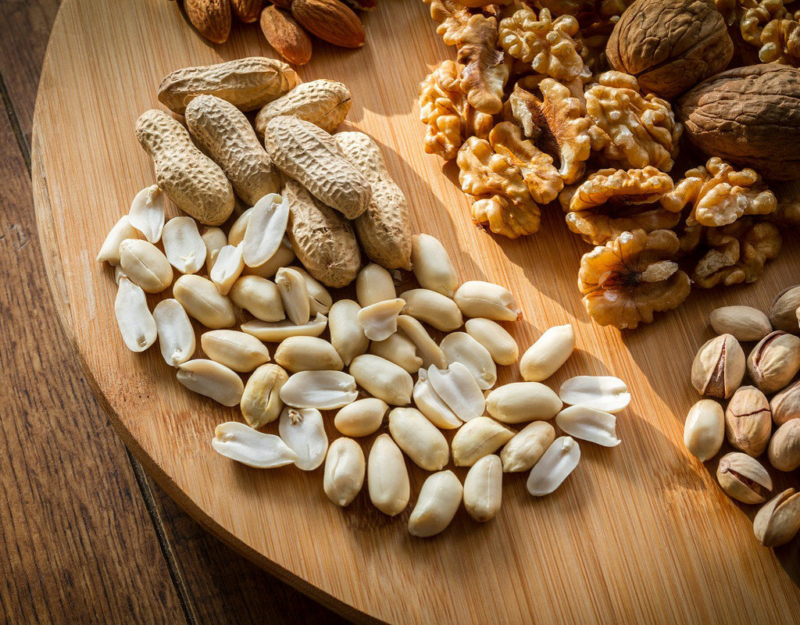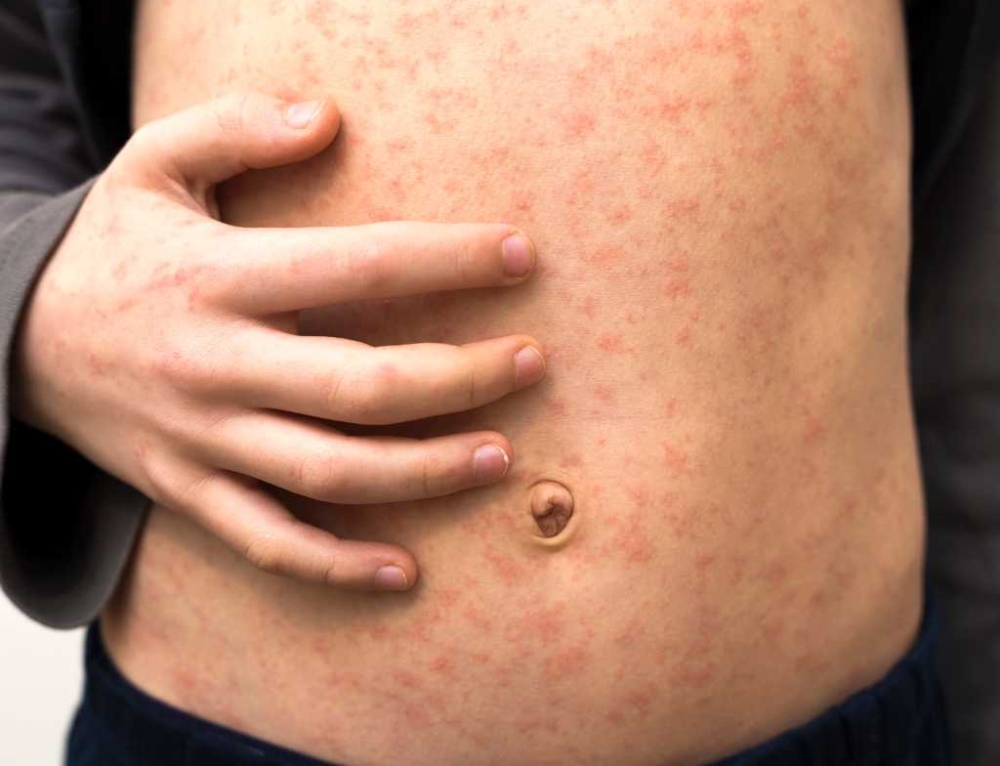In ground-breaking research in 2015, scientists believed they discovered the answer to life-threatening peanut allergies – introduce peanuts into your baby’s diet in the first year of life.
Can peanut allergy be avoided?
In a multinational trial that followed more than 600 babies deemed at high risk for developing peanut allergies, UK researchers found that feeding babies snacks containing peanut butter reduced the likelihood of developing a peanut allergy by more than 80 percent by their fifth birthday.
Half of the bubs in the trial, all of whom already had eczema or an egg allergy, were fed the equivalent of about four heaped teaspoons of peanut butter each week, starting when they were between four and 11 months old. At the end of five years, scientists discovered that about 17 percent of the kids who avoided peanuts developed peanut allergies, compared with only 3.2 percent of the kids who ate peanuts.
Head researcher Gideon Lack of King’s College London said that based on these findings most parents should start feeding their babies peanut products as early as possible — not whole peanuts or giant gobs of peanut butter, but peanut products mixed in with some other food “to avoid any possible choking hazard”.
But he warned that while the study results were dramatic, all parents must consult a doctor or specialist before exposing their infant to peanuts.
What sparked the research
According to reports by the NPR in the US, the study was launched after Gideon noticed that Israeli kids are much less likely to have peanut allergies than Jewish kids in Britain and the US. And he believed that it may be linked to how Israelis fed their kids a snack made with peanuts and corn from a very young age.
This is completely opposed to the current sway of thought, which generally advises that peanuts not be introduced into an infant’s diet in the first year because of the fear of causing allergies.
These findings are ground-breaking
Experts from around the world hailed these results as game-changing. An editorial published in The New England Journal of Medicine along with the study called the results “so compelling” and the rise of peanut allergies “so alarming” that guidelines for feeding infants at risk of peanut allergies should be revised soon.
For New Zealand children these findings are significant as peanuts are in the top three most common causes of food allergies in NZ children. There is evidence that rates of food allergy globally have risen significantly in the last decade, and some, such as to peanut, have risen dramatically. Reasons for this increase are not known.
And it’s a number that has shown marked increases with the incidence among Australian toddlers, doubling between 2000 and 2009.
Australian research leads the way for a cure
In 2013, Australia researchers announced they had found a possible cure for peanut allergy. The Murdoch Childrens Research Institute study involved giving about 30 allergic children increasing daily doses of peanut protein and a probiotic over an 18-month period. At the end of the trial, 80 percent of the children could eat peanuts without any adverse reaction.
- Managing a cow’s milk allergy
- Allergies and the immune system
- Dealing with allergies at birthday parties
- Peanut allegies







Leave A Comment
You must be logged in to post a comment.